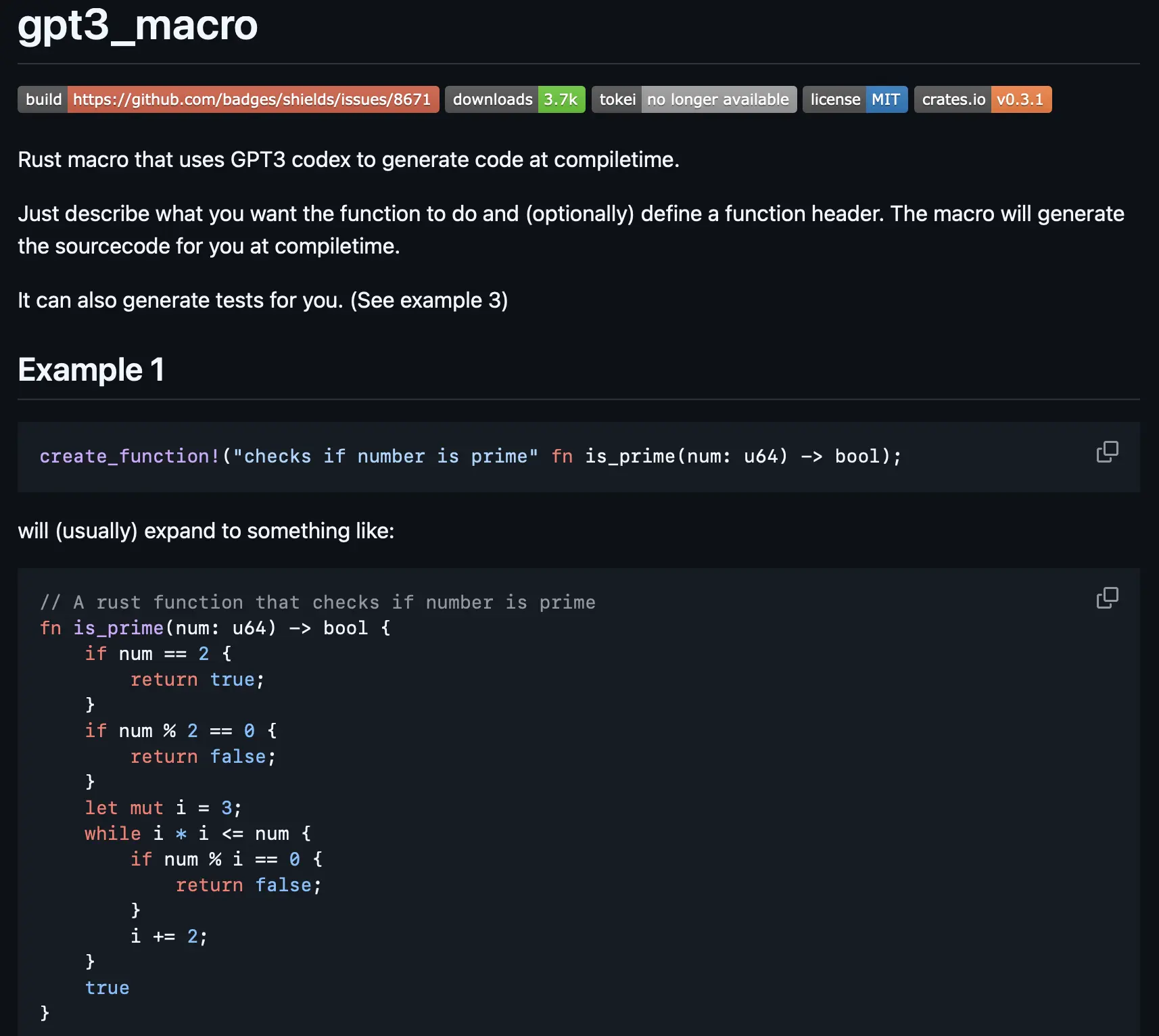this post was submitted on 05 Dec 2024
235 points (97.6% liked)
Programmer Humor
32877 readers
1551 users here now
Post funny things about programming here! (Or just rant about your favourite programming language.)
Rules:
- Posts must be relevant to programming, programmers, or computer science.
- No NSFW content.
- Jokes must be in good taste. No hate speech, bigotry, etc.
founded 5 years ago
MODERATORS
you are viewing a single comment's thread
view the rest of the comments
view the rest of the comments


That honestly feels like a random, implicit thing a very shallow-thought-through esolang would do ...
Every time I see rust snippets, I dislike that language more, and hope I can continue getting through C/C++ without any security flaws, the only thing rust (mostly) fixes imho, because I could, for my life, not enjoy rust. I'd rather go and collect bottles (in real life) then.
A lot of languages have this feature. Including ML, which is where Rust took many concepts from.
worst take of the week
Nope, you're far from the truth there. Most functional programming languages have this feature, but it's also definitely not shallowly-thought-through, as it's essentially an extension of how maths works.
Basically, in most cases when you see braces
{ }(excluding things like for-loops and imports), you can think of them as an expression, where the whole brace-scope will evaluate to just one value, similar to how "3+5" evaluates to a value. That one value is this last value at the end of the brace-scope.So, to give a very simple example:
{ 3 + 5 } / 4evaluates to{ 8 } / 4, so then the whole brace scope evaluates, which gives us8 / 4and that's then2.In maths notation, you know that as
(3+5)/4, with parentheses instead of braces.Within this simple example, they do the exact same thing (and Rust does also allow you to use parentheses for this purpose).
Where braces and parentheses differ, is that braces allow you to write multiple statements within them, so in theory, you could do:
Obviously, this is where this simple maths example largely stops making sense, but in real-world programming, there's a lot of use-cases for this.
It does take some getting-used-to, when you're coming from hardcore procedural languages like C/C++, but yeah, it's really not new for anyone who knows maths.